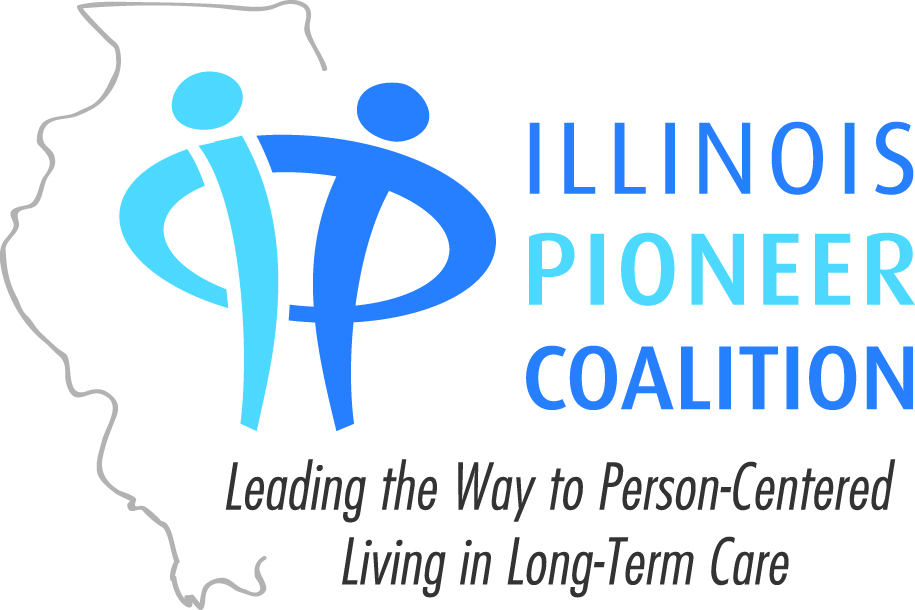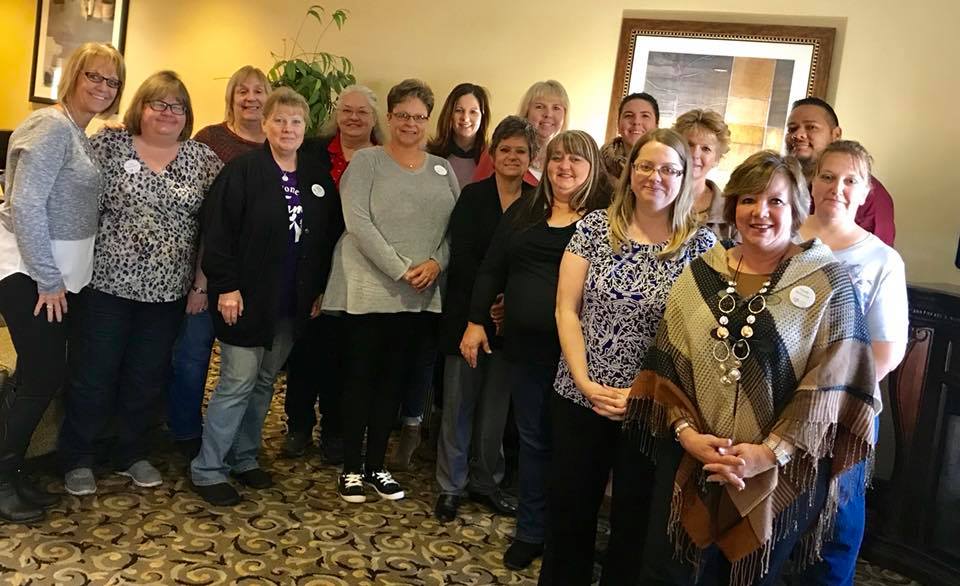The state of Illinois embraced culture change early, in 1999. Since then, several thousand consumers, advocates, nursing facility representatives and licensing surveyors have been trained on culture change values and principles through the efforts of the Illinois Department of Aging State Long-Term Care Ombudsman Program and the Illinois Association of Long Term Care Ombudsmen, with initial funding from the state’s Civil Monetary Penalty (CMP) funds to ‘enhance Illinois’ pioneer efforts in culture change’.
This infusion of culture change education, coupled with Oakbrook, Illinois being the site of the 2002 national Pioneer Network Conference, led to coalition planning meetings in August 2002 and April 2003. The first organizational meeting of an Illinois culture change coalition was in November 2003, led by the state’s long-term care provider associations, the ombudsman program and Illinois Area Agencies on Aging.
In 2004, a statewide Pioneer Summit was held in Springfield, Illinois. Thereafter, there has been a Summit every year.
In 2005, the Illinois Pioneer Coalition became a 501-3c and a formal board of directors was elected. Since then the IPC has operated with a board of dedicated volunteer board members who represent the provider community for elder care. Each of these volunteers are committed to ensuring that every elder in IL receives the care and services that they need, want, and deserve.


